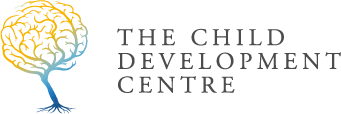Treatments and therapies for dyspraxia (DCD)
Dyspraxia (Developmental Co-ordination Disorder) In Children
The term Dyspraxia (DCD) originates from the word praxis, which means ‘doing’ or ‘acting’. Dyspraxia (DCD) affects the planning of what to do and how to do it. It is associated with problems of perception, language and thought. Developmental dyspraxia is an impairment of the organisation of movement. It is an immaturity in the way that the brain processes information, which results in messages not being properly or fully transmitted. It used to be known as Minimal Brain Damage and Clumsy Child Syndrome. Other names for dyspraxia include Developmental Co-ordination Disorder (DCD), Perceptuo-Motor Dysfunction, and Motor Learning Difficulties.
Dyspraxia (DCD), is thought to affect up to ten per cent of children and up to two per cent severely. Boys are four times more likely to be affected than girls. Our therapists believe Retained Reflex Syndrome (RRS), is at the root of neuro-developmental delay and the cause of many childhood and adult disorders including dyspraxia (DCD).
Children with dyspraxia (DCD) frequently respond successfully to timely and appropriate intervention. At the Child Development Centre we provide the Mulhall Integration Programme (MIP), a range of techniques tailored to the needs of the individual child.

